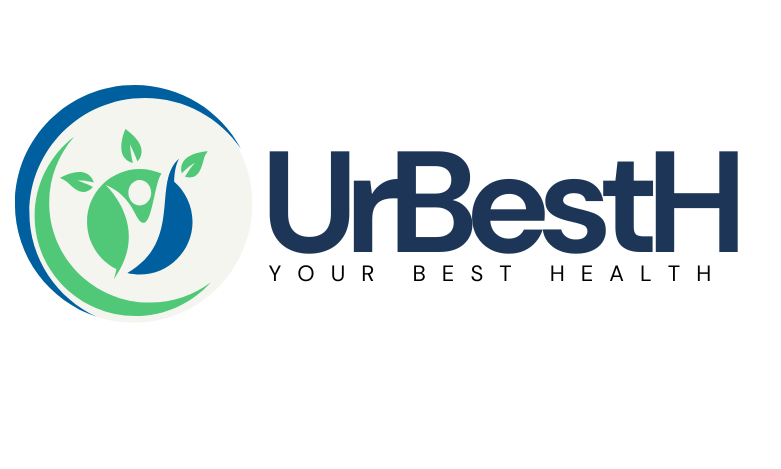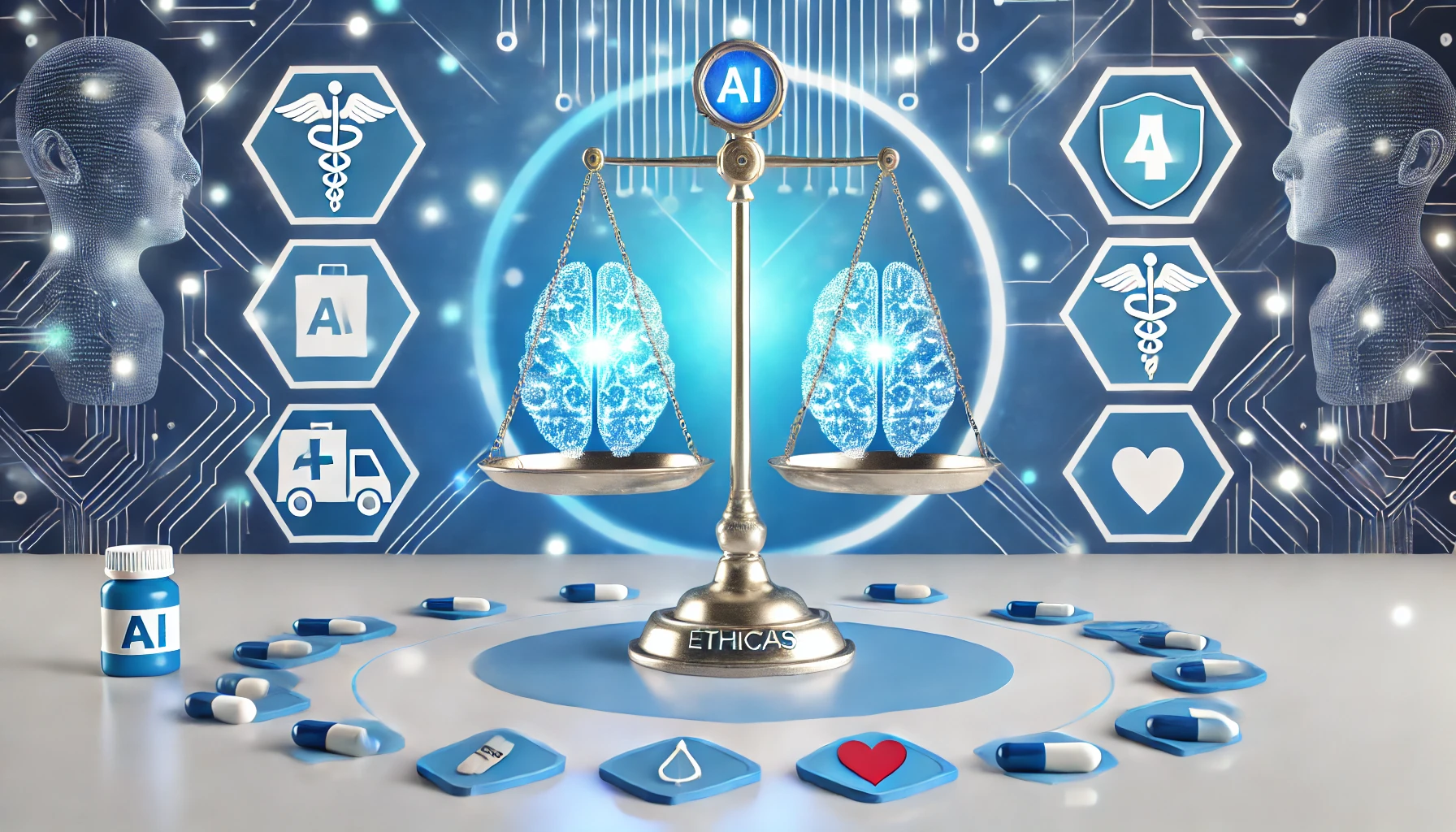Artificial Intelligence (AI) is revolutionizing healthcare, offering innovative diagnostics, personalized medicine, and drug discovery solutions. While the potential benefits are vast, this transformative technology also brings significant ethical challenges that need thoughtful consideration.
In this post, we’ll dive into the key ethical issues surrounding AI-powered healthcare solutions and discuss why addressing them is essential for building trust, equity, and effectiveness in the healthcare industry.
1. Data Privacy and Security
Healthcare data is among the most sensitive information anyone can possess. AI systems require massive datasets to function effectively, often sourced from electronic health records (EHRs), genetic profiles, and wearable devices.
Key Ethical Questions:
- How is patient data being collected and stored?
- Is it being shared without proper consent?
If data isn’t managed securely, patients could face privacy breaches, identity theft, or misuse of their information. Regulations like HIPAA (in the U.S.) and GDPR (in the EU) are essential, but their enforcement must evolve alongside AI advancements.
For more insights, refer to the World Health Organization’s guidance on AI ethics in health.
2. Bias and Fairness
AI systems learn from historical data, which can often reflect societal biases. For example, an algorithm trained on healthcare data from predominantly male patients may perform poorly for women or non-binary individuals.
Consequences of Bias:
- Misdiagnosis or unequal treatment for underrepresented groups.
- Reinforcement of existing health disparities.
Healthcare AI must be developed with diverse datasets and regularly audited to minimize bias and ensure equitable outcomes.
Explore the American Medical Association’s perspective on AI bias.
3. Transparency and Accountability
AI algorithms are often described as “black boxes” because their decision-making processes can be challenging to understand. This lack of transparency can raise questions about accountability.
Key Issues:
- Who is responsible for an incorrect diagnosis made by AI? The developer? The healthcare provider?
- How can patients trust recommendations from a system they don’t fully understand?
Clear guidelines and explainable AI models are critical to ensure accountability and patient trust.
Read more on the ethical dimensions of AI in healthcare.
4. Informed Consent
In traditional healthcare, informed consent is a cornerstone of ethical practice. With AI, the process becomes more complex. Patients must understand:
- How their data will be used.
- The role AI plays in their diagnosis or treatment.
Explaining AI’s role in a way that is clear and accessible to patients is essential to uphold their autonomy.
The Centers for Disease Control and Prevention discusses health equity and ethical considerations in AI.
5. Job Displacement and Human Oversight
AI is automating many tasks traditionally performed by healthcare professionals, from reading medical images to managing administrative workflows. While this improves efficiency, it also raises concerns:
- Will healthcare workers lose their jobs?
- How much should we rely on AI without human oversight?
Ethical healthcare systems will balance automation with the irreplaceable value of human judgment, empathy, and experience.
The American Medical Association provides insights into AI’s impact on healthcare jobs.
6. Accessibility and Equity
AI-powered healthcare solutions are often expensive, potentially widening the gap between the wealthy and underserved populations.
Ethical Questions:
- Who has access to these cutting-edge tools?
- Are underserved communities being left behind?
Policymakers and developers must prioritize affordability and accessibility to ensure AI improves healthcare outcomes for everyone, not just the privileged few.
The World Health Organization emphasizes the need for equitable AI in health.
7. The Risk of Over-Reliance
AI is not infallible. Relying too heavily on AI systems can lead to:
- Ignoring alternative diagnostic methods.
- It is important to recognize when the system makes a mistake.
Human oversight must always remain a part of the equation to avoid over-reliance on technology.
See the National Academy of Medicine’s AI Code of Conduct for a comprehensive overview.
Addressing Ethical Concerns: A Collaborative Effort
Addressing these ethical challenges requires collaboration between key stakeholders:
- Developers must build systems that prioritize transparency, fairness, and security.
- Healthcare Providers should maintain human oversight and advocate for patient rights.
- Governments and Regulators need to establish and enforce clear guidelines for AI in healthcare.
- Patients must be educated about AI’s role in their care and empowered to ask questions.
Conclusion
AI-powered healthcare solutions can potentially revolutionize the medical field but come with profound ethical considerations. We can create AI systems that innovate and inspire trust and fairness by prioritizing data privacy, equity, transparency, and accountability.
As we continue to integrate AI into healthcare, we must ask ourselves not only what these technologies can do but also what they should do. The answers to these questions will shape the future of healthcare for generations to come.
Let’s Talk Ethics
How do you feel about the ethical implications of AI in healthcare? Share your thoughts in the comments below.






